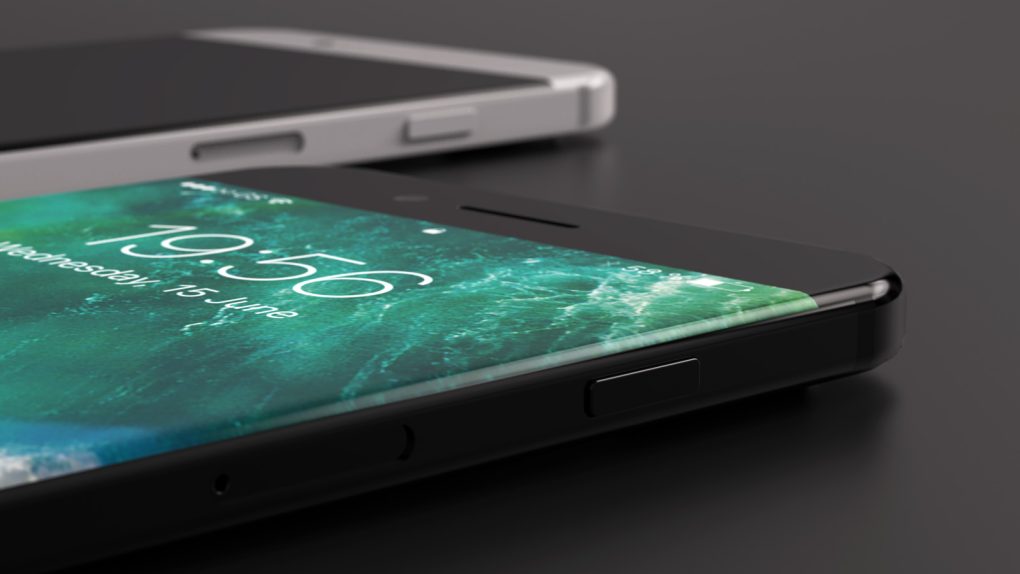From everything we’ve heard so far, the iPhone 8 that Apple plans to debut later this year will be a departure from the status quo. Rumored new features include an OLED panel, edge-to-edge display, under-screen fingerprint sensor, and possibly even wireless charging.
Any one of those would be a big undertaking for a phone company. Trying to do all four at once is just asking for problems, and according to new supply-chain rumors, problems are exactly what Apple is getting.
Investment bank RBC has told MarketsInsider that a number of key iPhone 8 suppliers are having problems with the specifications and volume of parts needed for the iPhone 8, which could push production back by months.
Samsung, the lead OLED panel provider, is reportedly struggling with integrating the fingerprint sensor under the screen. It’s “presented challenges,” according to RBC, which on its own could delay the phone’s launch by months.
Broadcom, which manufactures some of the wireless components, and Analog Devices Incorporated, a sensor supplier, have also reportedly seen “slow growth in their supply chains this quarter,” which is a fancy way of saying that there’s production issues. Going from prototype to full-scale manufacturing is always an issue, and the specs and volume of components that Apple is demanding seems to be causing problems across the board.
It’s unclear exactly what these delays mean in terms of the launch date for the iPhone 8. Traditionally, Apple has announced its new iPhone every year in September, and had it on shelves two weeks later. This year, it’s already expected that Apple will miss that launch date, although some kind of reveal of the device in September (with a launch a couple months later) is still possible.
The big question now is whether Apple gets the phone out in time for holiday sales. Sure, the iPhone 8 is expected to drive a “super-cycle” of upgrades regardless, but a bump in sales from Christmas madness would go some way to justifying the insane expectations on iPhone 8 sales.
RBC, for its part, doesn’t see the delay as a problem, saying “We think a shift in OLED production by 1-2 months doesn’t change the demand dynamics for iPhones (fairly captive demand) or undermines the positive iPhone upgrade cycle narrative.”
That’s a fancy-ass analyst way of saying that iPhone owners are dumbly loyal and will basically buy whatever Apple makes. You know us too well.










